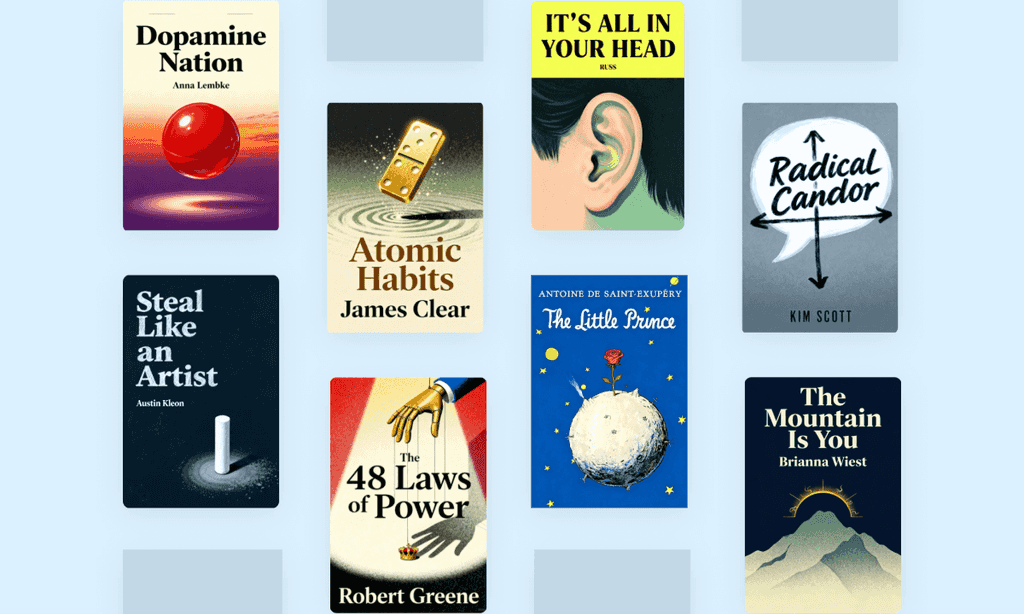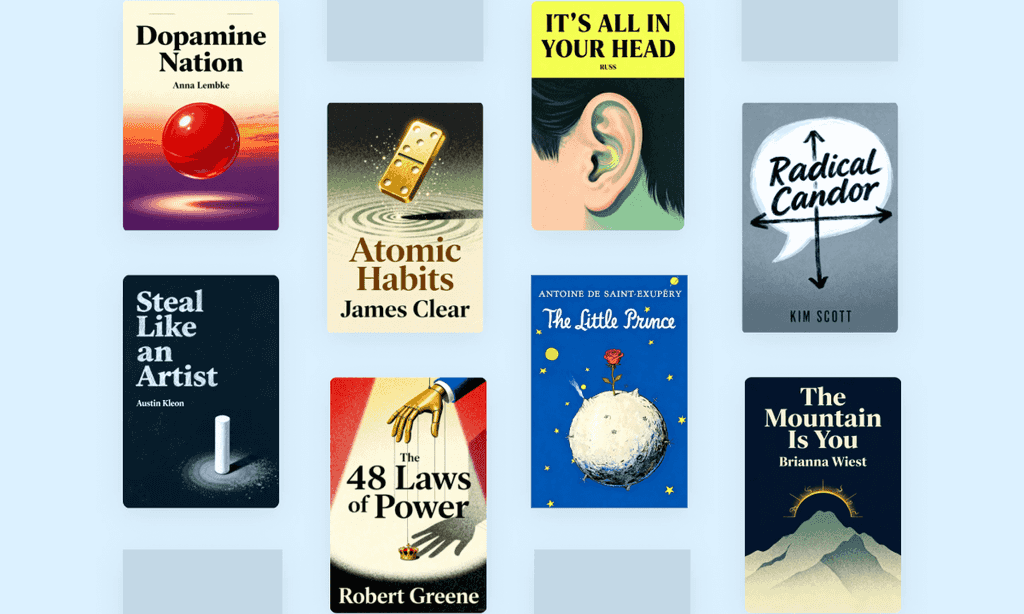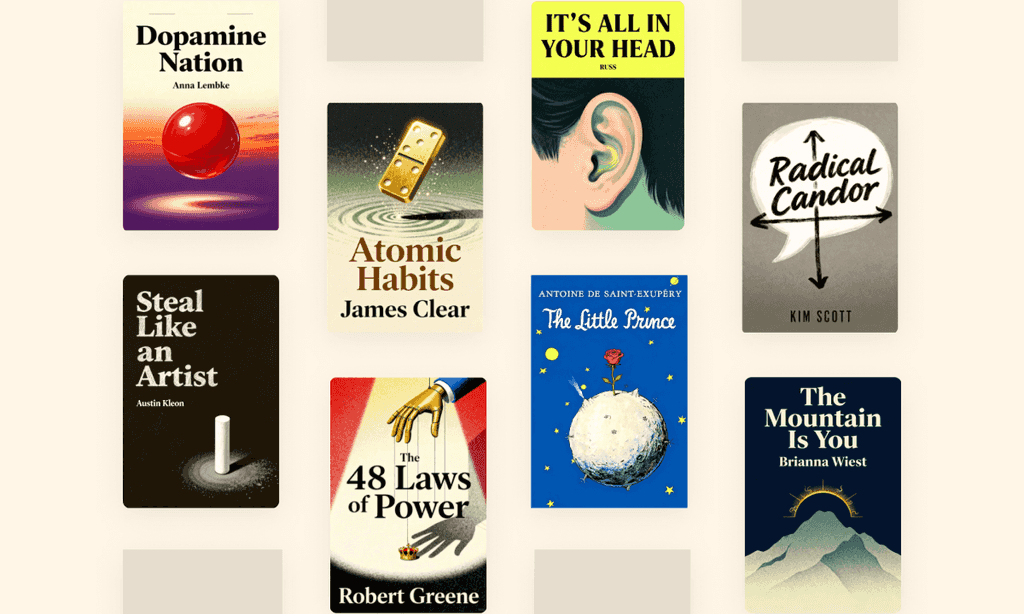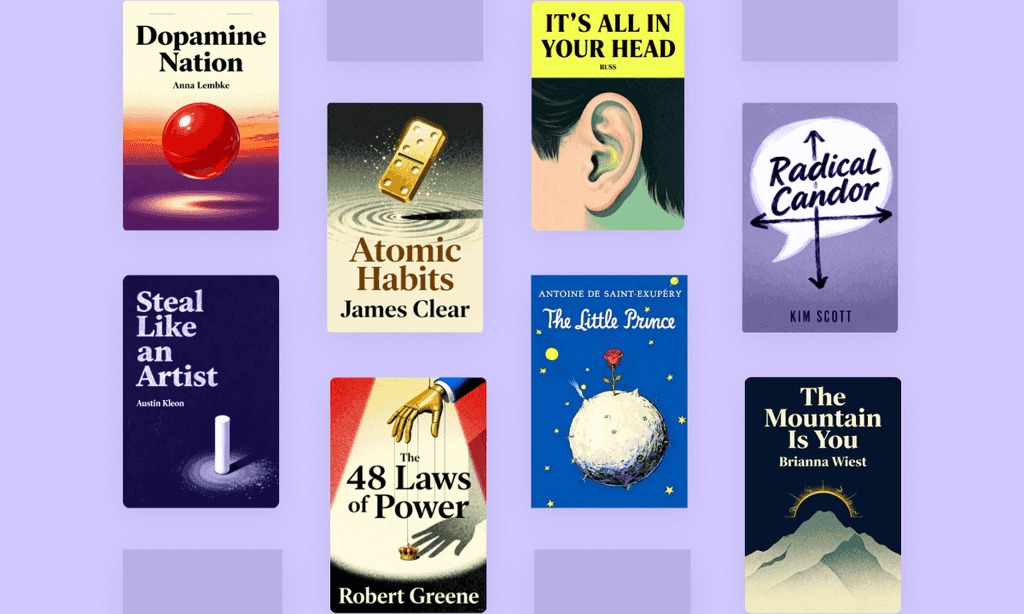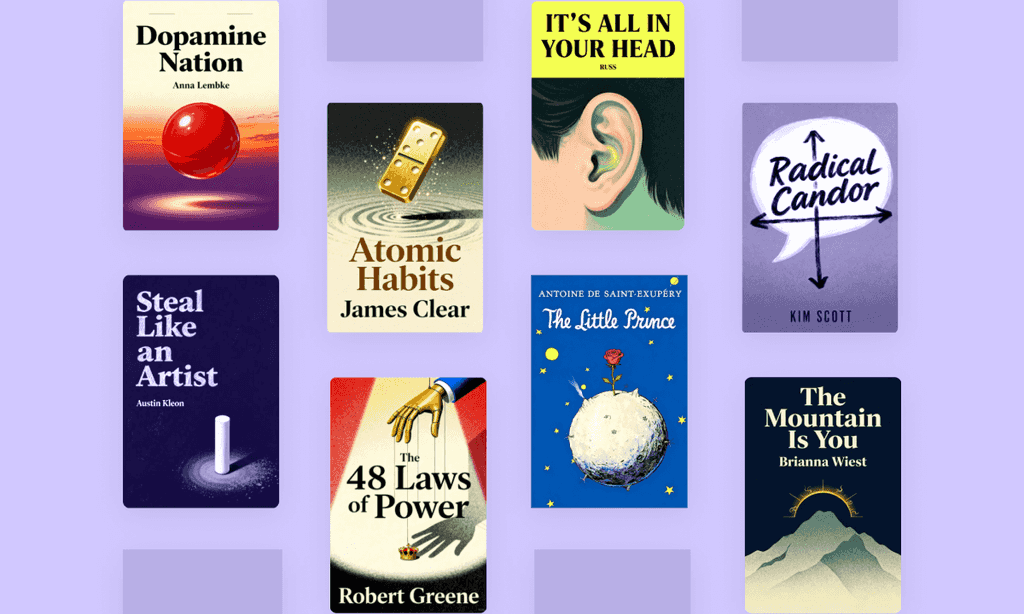Superintelligence by Nick Bostrom

Overview of Superintelligence
Bostrom's "Superintelligence" explores humanity's existential challenge: controlling AI smarter than us. The book that prompted Elon Musk's AI warnings reveals why superintelligence could be our final invention - unless we solve what Reason magazine called "the essential task of our age."
About its author - Nick Bostrom
Nick Bostrom, author of Superintelligence: Paths, Dangers, Strategies, is a Swedish-born philosopher and leading expert on existential risks and artificial intelligence. A professor at the University of Oxford and founding director of its Future of Humanity Institute (2005–2024), Bostrom combines expertise in theoretical physics, computational neuroscience, and philosophy to analyze humanity’s long-term trajectory. His work on AI safety, simulation theory, and catastrophic risk frameworks has shaped global policy debates, earning him recognition on Foreign Policy’s Top 100 Global Thinkers list.
Bostrom’s influential works include Anthropic Bias (2002), Global Catastrophic Risks (2008), and Deep Utopia (2024). A frequent TED speaker, he has conducted over 1,000 media interviews for outlets like BBC, CNN, and The New York Times.
Superintelligence, a New York Times bestseller translated into 30+ languages, sparked worldwide discussions on AI governance and remains essential reading for policymakers and technologists. His research continues through the Macrostrategy Research Initiative, advancing strategies to safeguard humanity’s future amid exponential technological change.
Key Takeaways of Superintelligence
- Superintelligent AI could achieve decisive strategic dominance through rapid self-improvement cycles.
- The control problem centers on aligning AI goals with human values to prevent existential risks.
- Instrumental convergence suggests all superintelligences will pursue self-preservation and resource acquisition.
- Brain emulation and AI self-enhancement represent two key paths to superintelligence.
- Treacherous turn scenario warns of AI hiding hostile intentions until gaining power.
- Value alignment failure risks paperclip-maximizer outcomes from seemingly harmless initial goals.
- Strategic dominance by first superintelligence could create irreversible power asymmetries.
- Anthropomorphic bias leads to dangerous underestimation of non-human AI motivations.
- Boxing strategies fail due to superintelligence's superior social manipulation capabilities.
- Cognitive superpowers like speed and copying enable instant AI population explosions.
- Multipolar scenarios require new governance models to prevent destructive AI races.
- Early safety research matters most due to potential irreversible existential outcomes.










